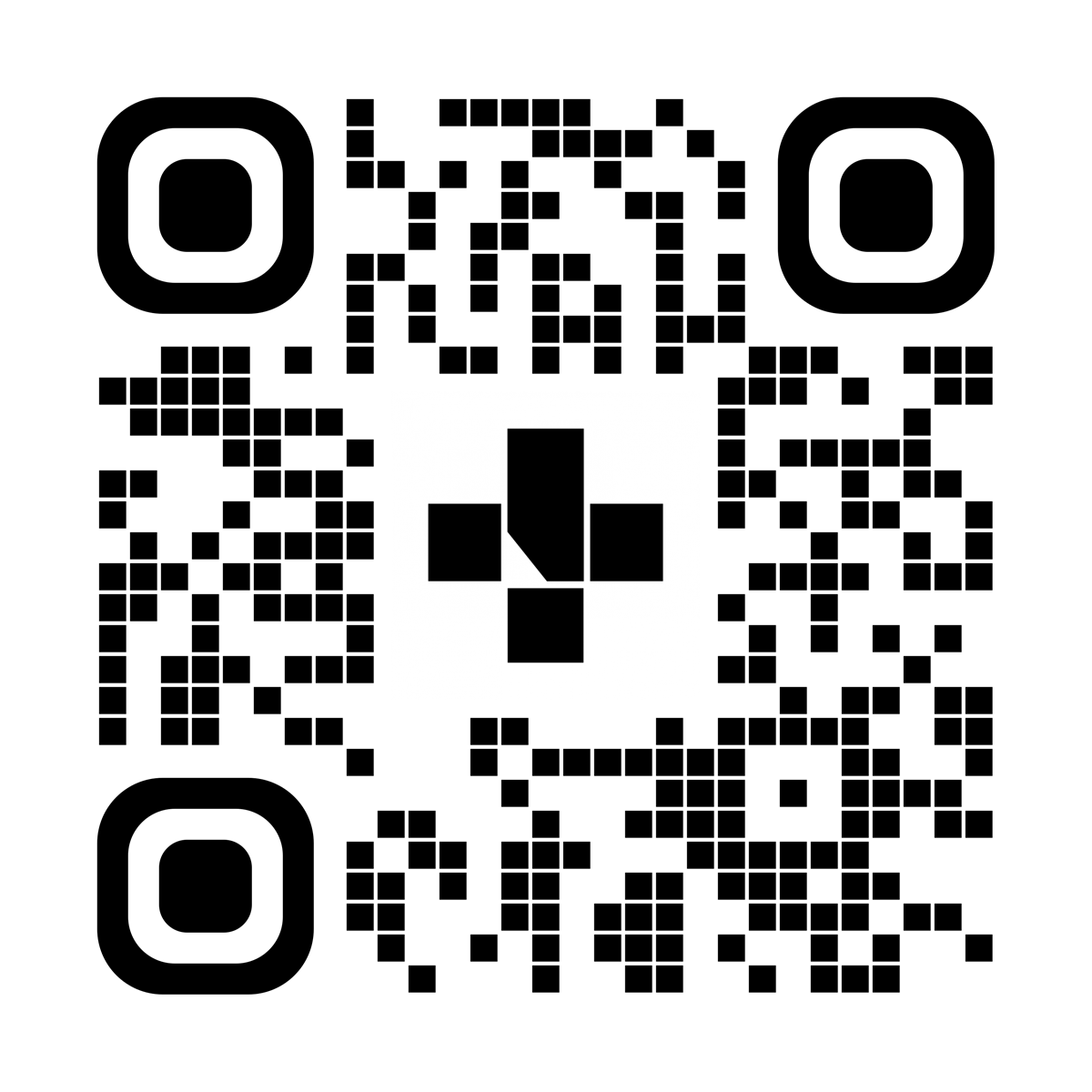Safety for Maternity Patients
Safety for maternity patients and their babies
Everyone has an important part in making your hospital stay and healthcare safe. This includes you, your family and friends, healthcare providers, and healthcare leaders.
Take notice of what’s going on around you, know what to expect, ask questions, and be involved. Talk to your healthcare provider if you have questions or want to know more about your and your baby's safety.
Wash your hands
Clean hands are the best way to stop spreading germs and to keep your baby and family healthy. Make sure everyone who holds your baby—including you—washes their hands first.
Other times to wash your hands are:
- after changing a diaper
- before feeding your baby
- when your hands look dirty
- after using the toilet
- after sneezing or coughing
- before making or eating food
When to call for help
Your body goes through many changes after you’ve had your baby. It’s good to know what to expect and ask questions if you’re not sure.
Tell your nurse, doctor, or midwife right away if you have:
- a very bad headache that won’t go away
- vision that is blurry or you’re dizzy
- pain in your chest or trouble breathing
- breasts that are overfull, hard, red, bleeding, or painful
- C-section incision pain that is getting worse
- bleeding that is soaking a pad in 1 hour or less
- pain, redness, or swelling in your legs
- trouble passing stool or urine (using the toilet)
Keeping yourself safe
After giving birth, you may feel dizzy or faint. Use your call bell to call for help the first few times you get out of bed—don’t get up alone. It is always best to “call before you fall.”
Keeping your baby safe
There are many things you can do to keep your baby safe. If you have concerns about your baby, such as your baby’s breathing, colour, feeding, or choking, talk to your nurse, doctor, or midwife.
Hospital safety
Most newborn care can be done at your bedside.
Only give your baby to someone with hospital identification. If you are not comfortable with a request to take your baby for a test or exam, you have a right to say "no."
When hospital staff bring your baby back to you, they will check your arm band and your baby’s arm band to make sure they match. Hospital staff will only give your baby back if the arm bands match. If they don’t check, it's OK to remind them.
Safe handling
While you’re in hospital, put your baby in their cot when you leave your room. Carrying your baby in your arms can be risky—newborn babies kick, wiggle, and can fall quickly, even if you think your baby is too young to move much.
Always stay with your baby when they’re on a high place like a change table or bed. Keep a hand on your baby the whole time.
Safe sleep
The safest place for your baby to sleep is in their own cot or crib. Always put your baby to sleep on their back. Don’t put anything in the cot or crib with your baby, including loose blankets and toys.
Try not to fall asleep holding your baby. Chewing gum may help.
Protect baby's head and neck
Never shake your baby for any reason. Babies have weak neck muscles and heavy heads. Even a few shakes can cause serious damage or death.
Keep your hand or arm behind your baby’s head when you pick them up and hold them. This helps support the weight of their head and lowers the risk of injury.
Car seats
Always use a car seat, starting with your baby’s first ride home from the hospital.
Car seats should be the right size for your baby and have a Canadian Motor Vehicle Safety Standards (CMVSS) sticker.
Make sure you know how to use your baby’s car seat before you need to use it.
Learn more about rear-facing car seats for babies.
Keeping your baby healthy
Babies are at a higher risk of catching colds and other illness because their immune systems are just getting started.
Your family and friends will want to see your baby and help welcome them to your family. Keep people who feel sick away from your baby. This includes anyone who has a runny nose, cough, fever, or upset stomach. They shouldn’t be near your baby until they’re feeling well.
Jaundice
If your baby has yellow skin, tell your nurse, doctor, or midwife. This may be a sign that your baby has jaundice. This can sometimes make your baby very sick if it’s not treated.
To see this information online and learn more, visit MyHealth.Alberta.ca/health/pages/conditions.aspx?Hwid=custom.ab_postpartum_safetyguide_inst.

For 24/7 nurse advice and general health information call Health Link at 811.
Current as of: July 24, 2025
Author: Provincial Perinatal Education Committee, Alberta Health Services
This material is not a substitute for the advice of a qualified health professional. This material is intended for general information only and is provided on an "as is", "where is" basis. Although reasonable efforts were made to confirm the accuracy of the information, Alberta Health Services does not make any representation or warranty, express, implied or statutory, as to the accuracy, reliability, completeness, applicability or fitness for a particular purpose of such information. Alberta Health Services expressly disclaims all liability for the use of these materials, and for any claims, actions, demands or suits arising from such use.
